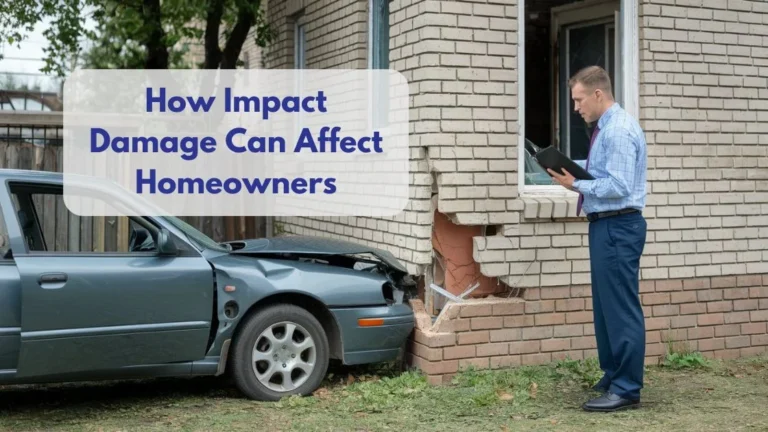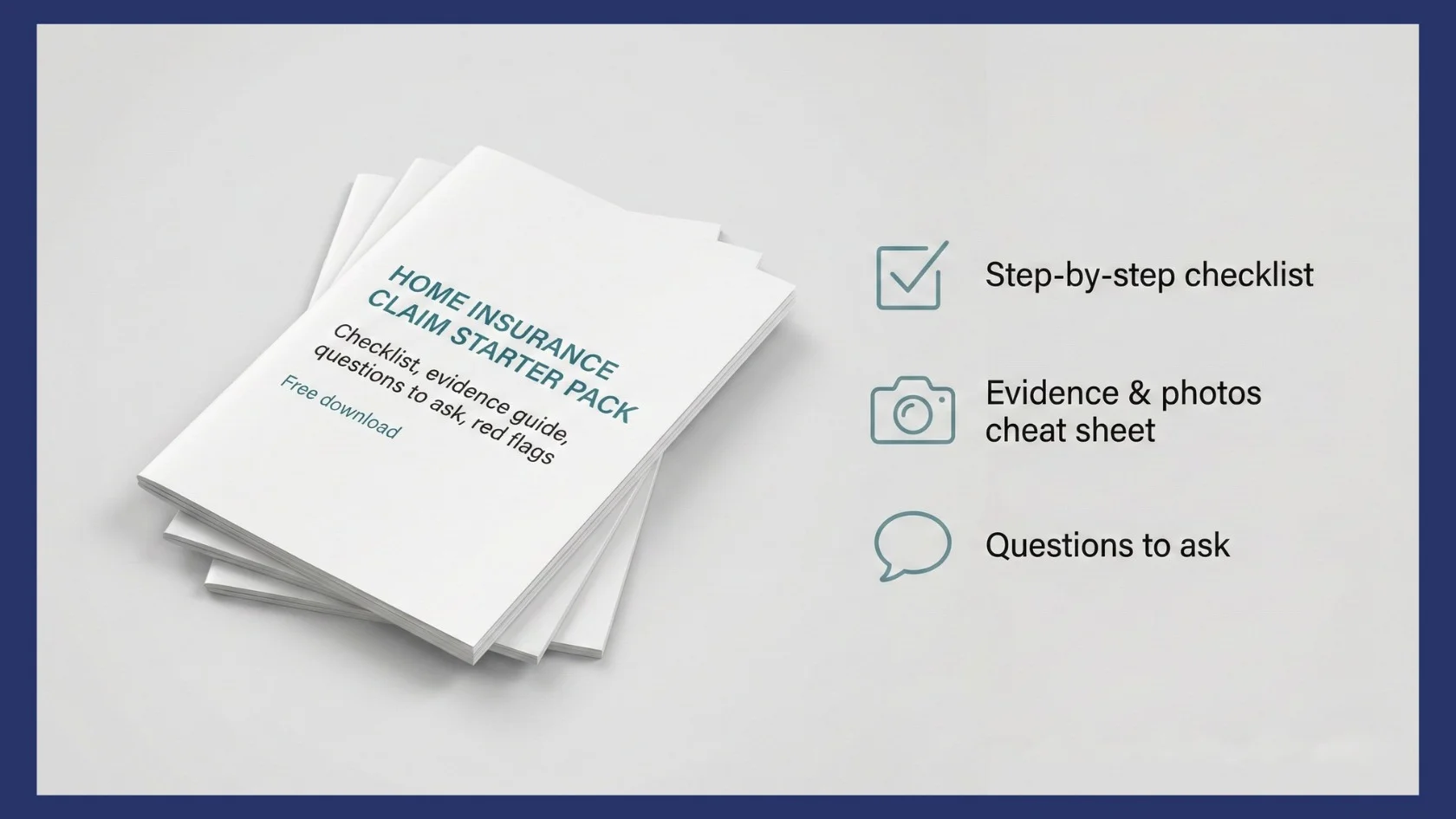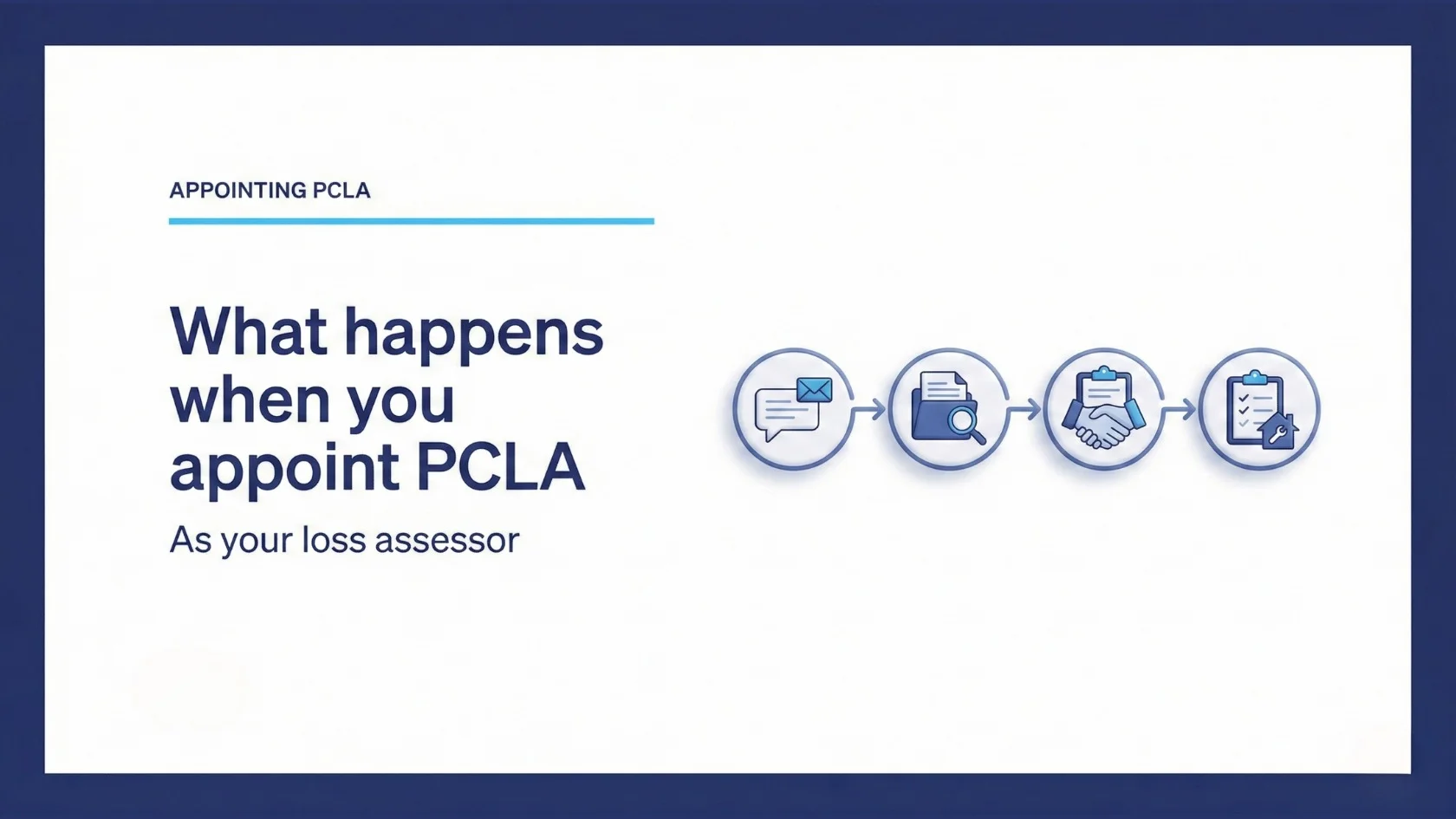Impact damage from vehicle collisions or falling trees can cause serious harm to your property. Understanding how UK home insurance covers these events is essential for ensuring you’re protected against unexpected costs.
When it comes to protecting your home, a standard buildings insurance policy is essential for safeguarding against a variety of risks, known as perils. Among these perils, impact damage stands out due to its unpredictable nature.
Impact damage occurs when an external object collides with your home, causing structural or aesthetic damage. Such incidents can range from a vehicle crashing into your property, to a neighbour’s scaffolding falling against your wall.
This type of damage can be unexpected and sudden, leading to potentially high repair costs. While impact damage is typically covered under standard buildings home insurance policies, there are specific nuances and exclusions to be aware of. Understanding the details of this coverage will help you navigate potential claims more effectively, and ensure your home is fully protected.
In this post, we’ll dive into the specifics of impact damage coverage within a buildings home insurance policy, including what’s covered, common exclusions, and how these incidents can affect you as a homeowner. We’ll also explain how Property Claims Loss Assessors (PCLA) can provide invaluable assistance if you need to make a claim.
What is Impact Damage?
Impact damage refers to physical harm to your home caused by external forces. The most common causes include:
- Vehicle Collisions: Cars, lorries, or other vehicles crashing into your property.
- Falling Trees: Trees or large branches falling onto your home, due to unexpected external forces.
- Debris from Construction Sites: Falling objects or debris from nearby construction work that accidentally strike your home.
- Aircraft or Drones: In rare instances, aircraft or unmanned aerial vehicles (drones) crashing into homes.
Impact damage can affect various parts of your home, including the walls, roof, windows, and even external structures like garden walls. The extent of the damage often depends on the force of the impact and the type of object involved.
What’s Covered in a Standard Buildings Home Insurance Policy?
Structural Damage
Most buildings insurance policies cover the cost of repairing structural damage to your home caused by impact. This includes damage to:
- Walls and Foundations: If a car crashes into your wall or foundation, your policy would typically cover the cost of repairs.
- Roof: Should a tree fall onto your roof, the insurance would usually cover the removal of the tree and the subsequent repairs.
- Doors and Windows: Impact damage to doors or windows, such as from a flying object or a vehicle collision, is also generally covered.
Real-Life Example:
Imagine you’re at home when a lorry loses control and crashes into your front wall, causing significant damage to the structure. In this case, your home insurance would likely cover the cost of repairing the wall, ensuring that your property is restored to its original condition.
Debris Removal
In the event of significant impact damage, there may be debris scattered around your property. For instance, if a tree falls due to impact, it can leave branches, foliage, and other material around your garden or on your roof. Many insurance policies include coverage for the removal of such debris, allowing you to safely and efficiently clear the area.
Alternative Accommodation
If the impact renders your home uninhabitable, your policy might also cover the cost of alternative accommodation while repairs are carried out. This can be particularly helpful in severe cases where major structural repairs are required, and it’s not safe or practical to remain in the home.
Outbuildings and External Structures
Some policies extend impact damage coverage to outbuildings, such as garages, sheds, or greenhouses. For example, if a falling tree damages your garage, the repairs would often be covered, as long as the building is included in your policy’s definition of the property.
Accidental Impact
Accidents happen, and standard buildings home insurance policies typically cover accidental impact damage as well. Whether it’s a family member accidentally reversing into the garage door or a neighbour’s child kicking a football through your window, this coverage can help alleviate the financial burden of repairs.
Common Exclusions
While impact damage is generally covered under standard buildings insurance, there are some common exclusions to be aware of. These exclusions highlight the importance of regularly maintaining your property and understanding the limits of your coverage.
Poor Maintenance or Pre-existing Damage
Insurers often deny claims if the impact exacerbated a pre-existing problem or if your home was not well-maintained. For instance, if a wall was already unstable due to years of neglect and a minor collision caused it to collapse, your claim might be rejected. Regular home maintenance is essential for ensuring that impact-related claims are successful.
Example of Exclusion:
If a tree falls onto your roof and causes damage due to an impact event, your claim could be denied if your roof was already in poor condition before the incident. If missing tiles or structural weaknesses contributed to the damage, the insurer may argue that proper maintenance could have prevented the issue.
Impact to Fences, Gates, and Hedges
In many policies, fences, gates, and hedges are not covered for impact damage. This means that if a car crashes into your garden fence, or a tree branch breaks it, you may have to pay for the repairs out of pocket unless you have specific coverage for these structures.
Business-related Impact
If the impact damage occurs as a result of business activities on your property, such as delivery vehicles frequently entering and exiting, your policy might not cover the damage. It’s important to check whether your home insurance includes coverage for business use of your property, especially if there’s any significant commercial activity.
How Impact Damage Can Affect Homeowners
The emotional and financial toll of impact damage can be considerable. Incidents like a car driving into your home or a neighbour’s scaffolding falling through the roof can cause not only property damage but also disruption to your daily life. Dealing with repairs, assessing the extent of structural damage, and ensuring that your home is safe can be stressful and time-consuming.
Additionally, without proper coverage, impact damage could lead to unexpected out-of-pocket expenses. A large external object falling through your roof could require extensive repairs, potentially costing thousands of pounds, not to mention the inconvenience of finding temporary accommodation if the home becomes uninhabitable.
PCLA – How We Can Help You
When faced with a situation as daunting as impact damage, navigating the insurance claims process can be overwhelming. This is where Property Claims Loss Assessors (PCLA) comes in. As a professional service, we work on your behalf to handle the entire claims process, ensuring that you receive the full amount you are entitled to under your policy.
Why Choose PCLA?
- Expertise: We have in-depth knowledge of the claims process and can ensure that nothing is overlooked. Our team knows the exact documentation needed and can help you avoid the common pitfalls that lead to claim rejections.
- Negotiation: Insurance companies often try to settle claims for the minimum amount possible. We fight for you, negotiating with your insurer to get the best possible outcome.
- Peace of Mind: Handling a claim, especially after a traumatic event like impact damage, can be exhausting. By entrusting PCLA to manage your claim, you can focus on restoring your home and getting your life back to normal while we take care of the details.
How We Work
Once you contact us, we take a hands-on approach, guiding you through each step of the process. From the initial damage assessment to submitting paperwork and negotiating with the insurer, our goal is to ensure that you receive a fair settlement. We act as your advocate, ensuring that all aspects of the damage are considered, and that you are compensated accordingly.
Conclusion
Impact damage, whether from a vehicle collision, falling tree, or other external forces, can have a significant effect on your home and finances. Understanding the coverage provided by your buildings home insurance policy is essential for protecting your property from such incidents. While most policies offer comprehensive protection for structural repairs and debris removal, it’s crucial to be aware of the common exclusions that could affect your claim.
Taking proactive steps to maintain your home and reviewing your insurance policy regularly can help ensure that you’re adequately covered when unexpected events occur. And if you ever find yourself dealing with a claim, remember that Property Claims Loss Assessors (PCLA) is here to help you through the process, ensuring you get the compensation you deserve.



